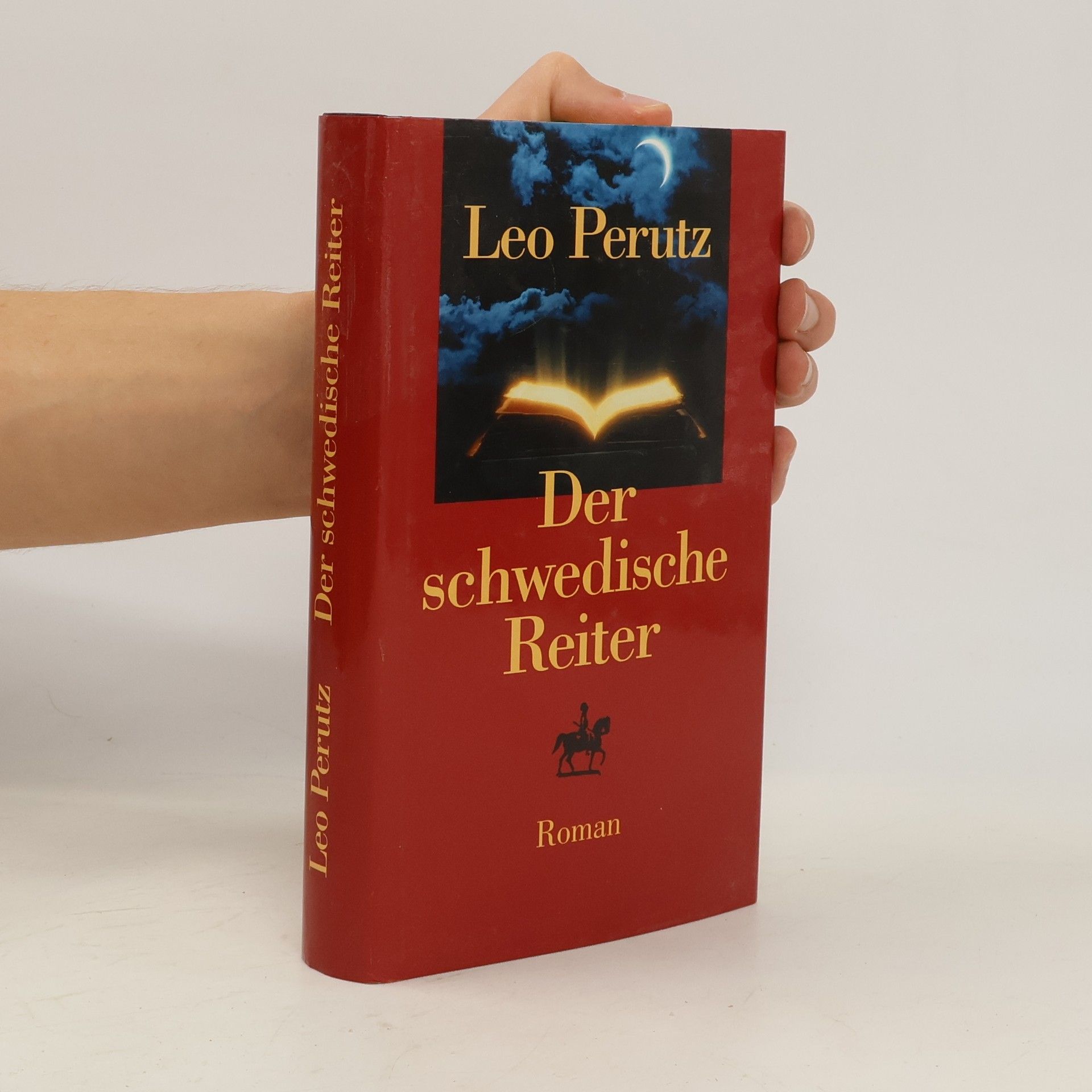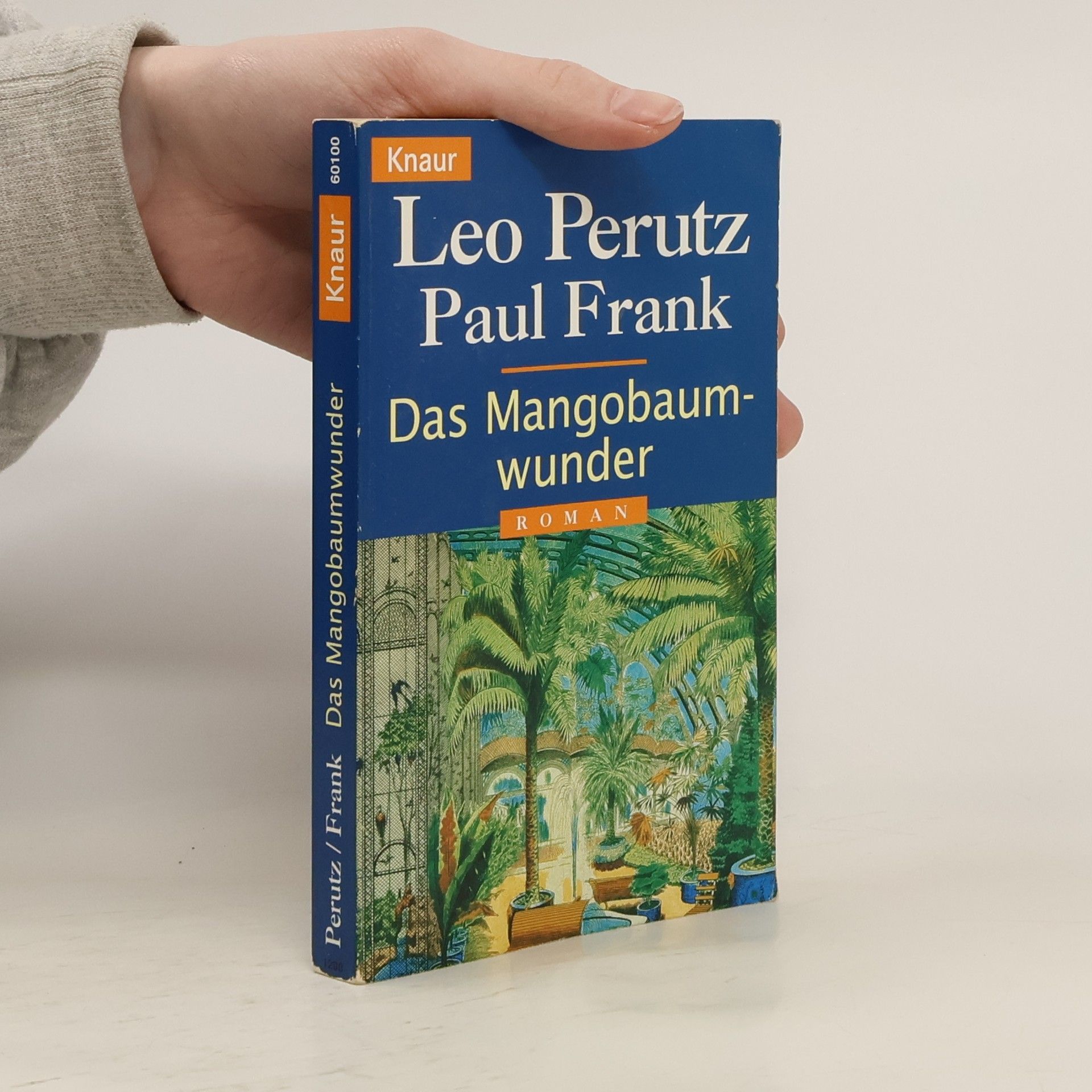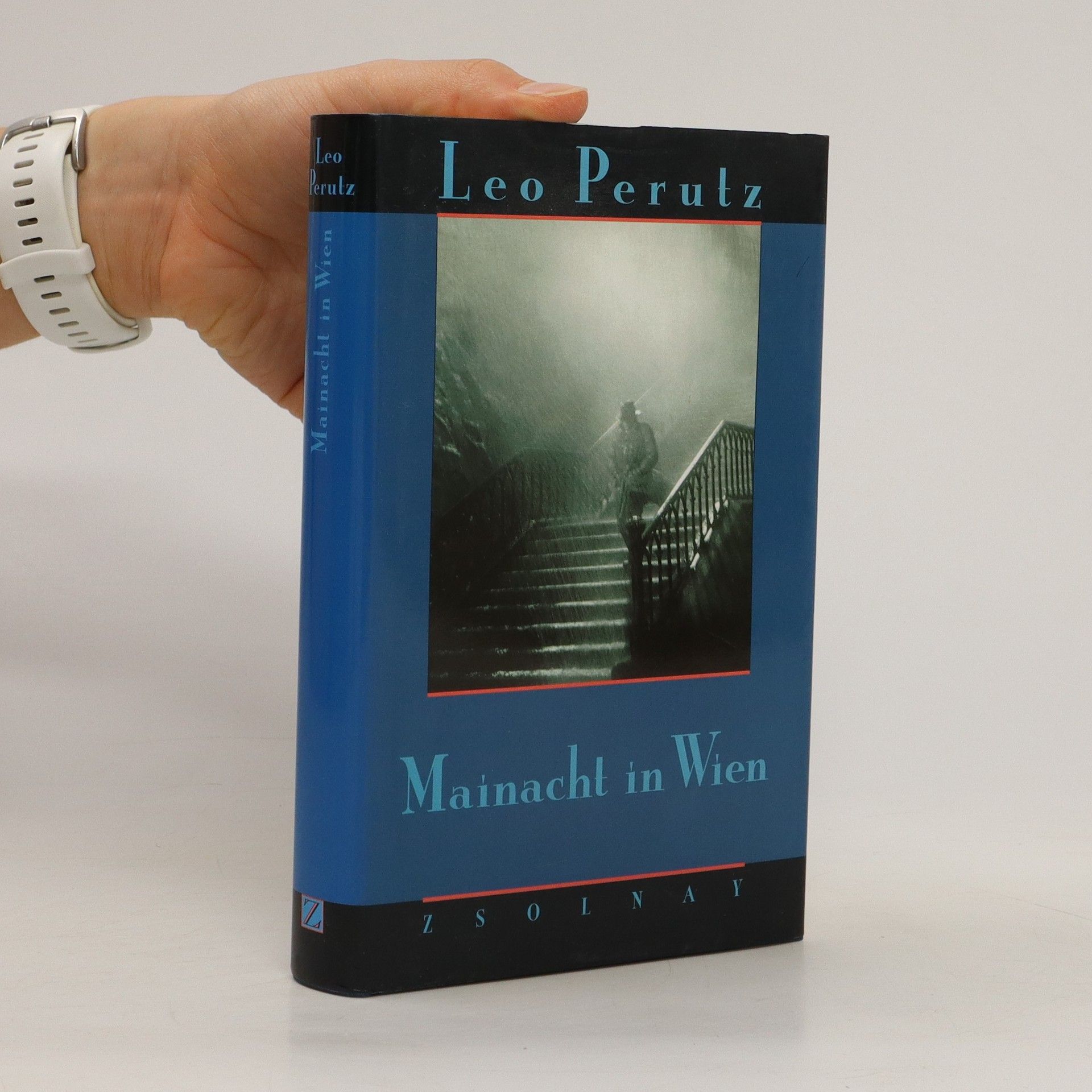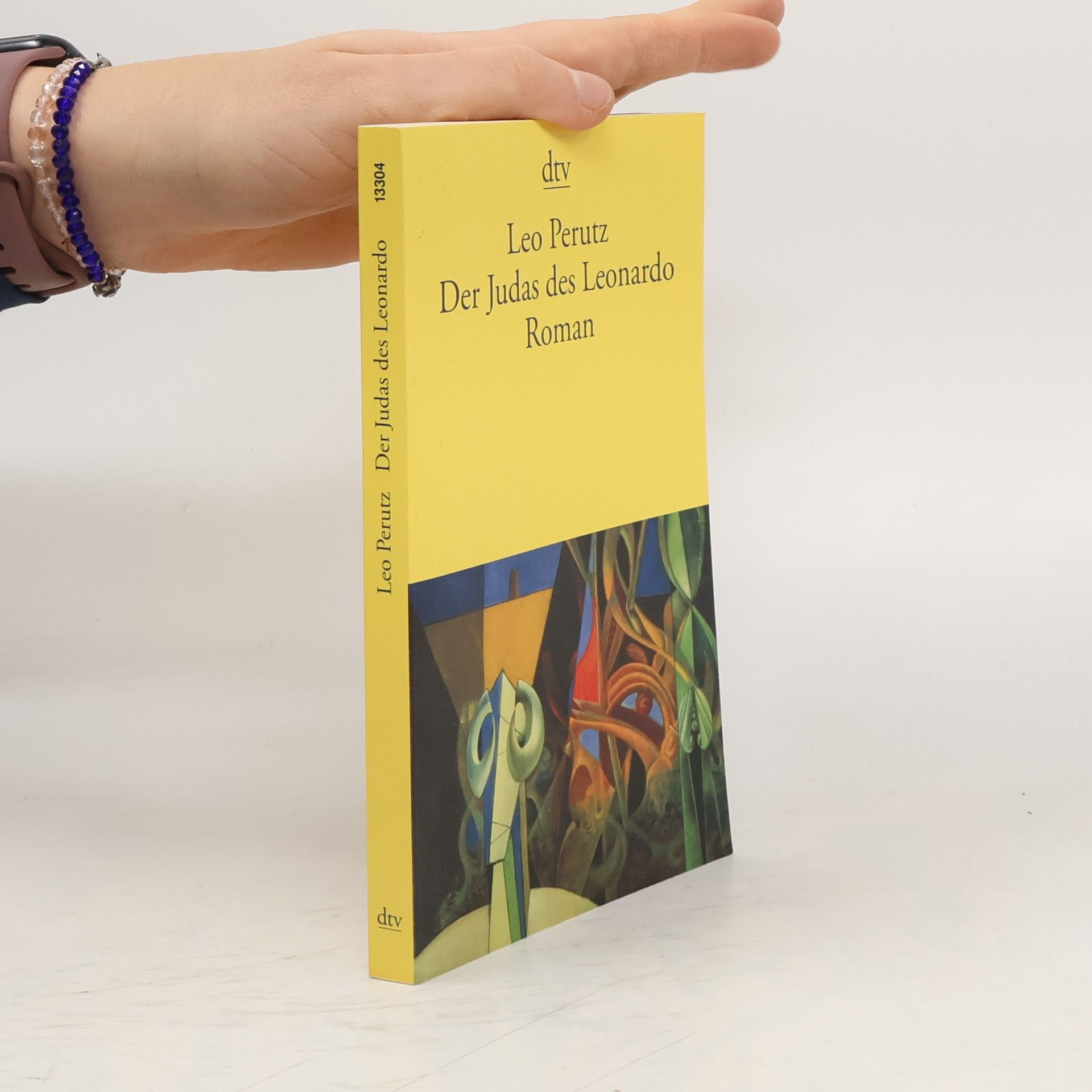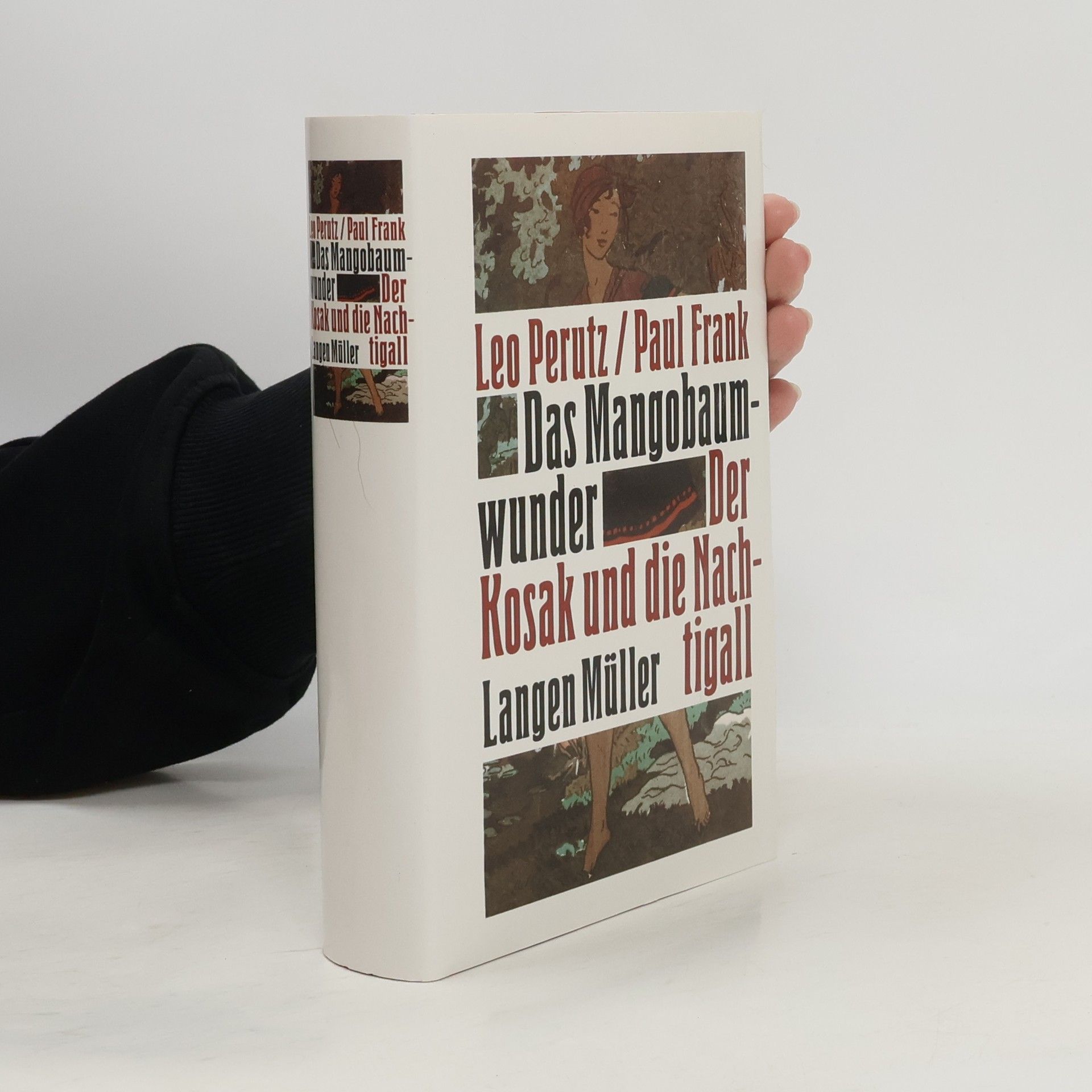In den Geschichten von Leo Perutz (1882 - 1957) kommt die geschliffene Beobachtungsgabe der menschlichen Psyche zur Geltung, wie sie nur ein Versicherungsmathematiker beherrschen kann. Perutz` phantastische, Krimi-ähnliche, historische Erzählungen müssen mehr gelesen werden. Deswegen halten Sie auch diesen Band „des großen magischen Realisten der deutschen Literatur“, wie ihn Daniel Kehlmann nennt, in den Händen.
Leo Perutz Orden de los libros (cronológico)




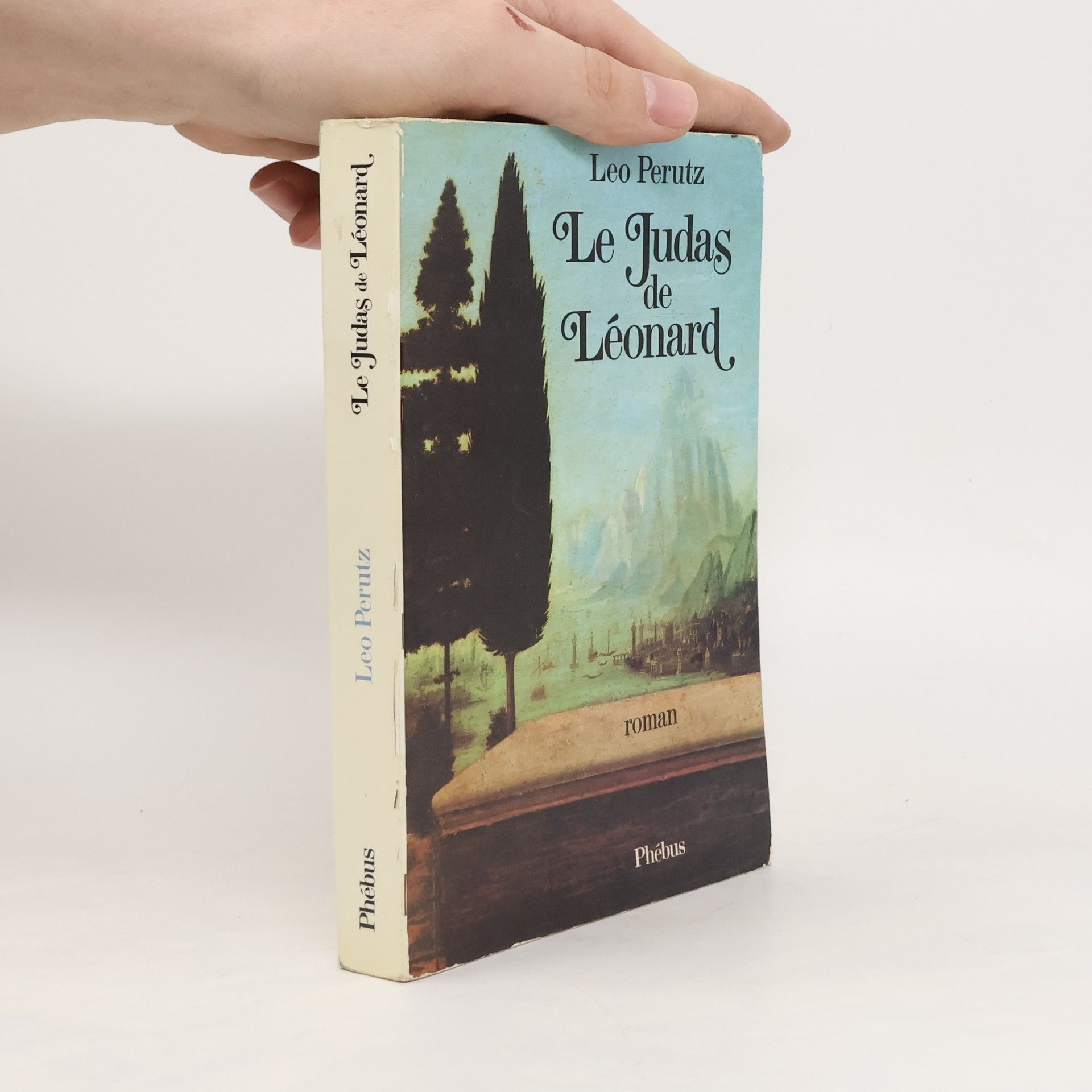


In diesem Band sind kleine Erzählungen, unvollendete Romane und Reise- sowie Literaturfeuilletons von Perutz versammelt. Im Mittelpunkt steht das Romanfragment "Mainacht in Wien", das 1938 entstand und die Flucht des jüdischen Journalisten Dr. Georg Schwarz vor der deutschen Besatzung erzählt.
Opernsängerin Lydia van Loo flieht vor ihrem eifersüchtigen Mann, einem russischen Fürsten. Trotz ihrer Flucht setzt er alles daran, sie zurückzugewinnen. Lydia sucht Zuflucht bei dem wohlhabenden Tabakhändler Dschahid, was zu einer spannenden Konfrontation führt.
Die funkelnden Reise- und Literaturfeuilletons, die Perutz berühmt gemacht haben, kleine Erzählungen und zwei unvollendete Romane bilden das Herzstück des Bandes. 'Mainacht in Wien' ist 1938 auf dem Weg in die Emigration entstanden und schildert die Geschichte des jüdischen Journalisten Dr. Georg Schwarz, der in die Fänge der Staatspolizei gerät. Dieser Band zeigt den Autor als einen der faszinierendsten Repräsentanten der Wiener Moderne. Er hält Überraschungen für eingefleischte Perutz-Anhänger bereit, ist aber gleichzeitig ein idealer Einstieg für neue Leser.
Ein spannender historischer Roman, der die Themen Liebe, Geld und Verrat wie auch Kunst und Künstlertum formvollendet miteinander verknüpft. Mailand an der Wende vom 15. zum 16. Jahrhundert. Leonardo da Vinci möchte im Refektorium des Klosters Santa Maria delle Grazie endlich sein Gemälde > Das Abendmahl< vollenden, doch ihm fehlt das Modell für den Kopf des Judas. Er macht sich auf die Suche nach dem »allerschlechtesten Menschen in ganz Mailand«. Er findet ihn schließlich in dem böhmischen Kaufmann Joachim Behaim, der, wie Judas, fähig ist, aus Stolz einen Verrat zu begehen. Die Geschichte des Kaufmanns steht im Mittelpunkt dieses spannenden historischen Romans, der Liebe und Geld ebenso zum Thema hat wie Kunst und Künstlertum.
Le Judas de Leonard
- 245 páginas
- 9 horas de lectura
